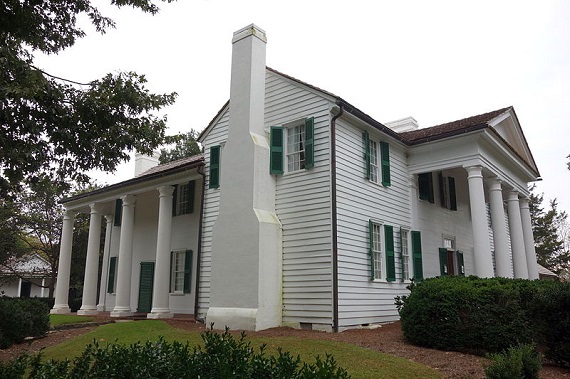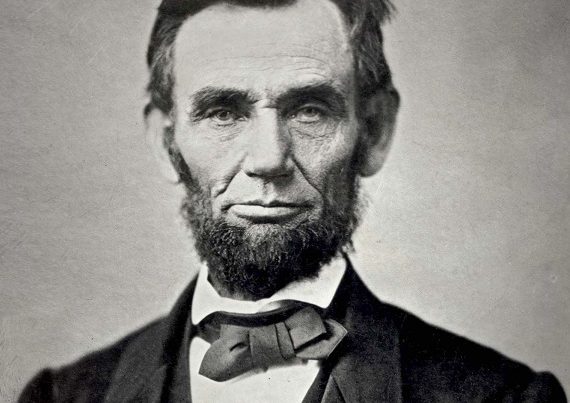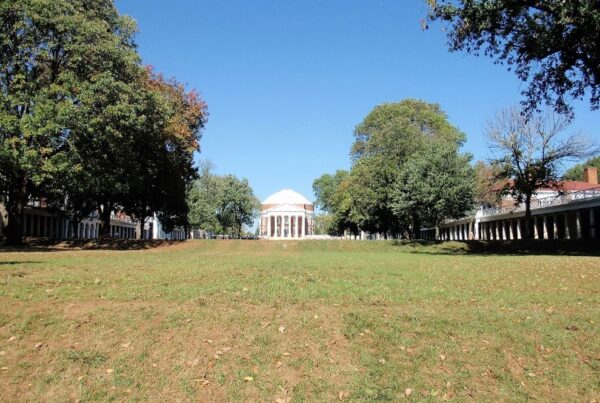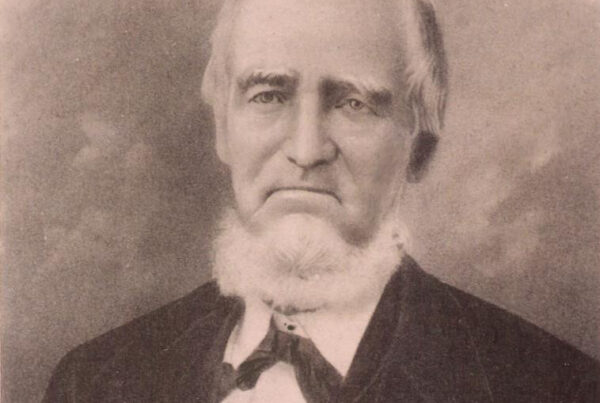
In November 2018 Will Hiott, Director and Curator of Historic Properties at Clemson University, included a thinly disguised political paper from Clemson University History Professor Rhondda Robinson Thomas as part a packet distributed to Historic Properties Advisory Committee members. The essay has no relevance to ongoing volunteer efforts toward the Preservation of Historic campus buildings and is nothing more than an angry missive with clear animus towards the history of Clemson University,the Confederacy, and the South in general. This seems to be par for the course in the modern historic profession. Why would a person with such open contempt for the history of Clemson University continue to work there? As a member of the HPAC committee and as a member of the Calhoun family, I am obligated to counter and refute several points of what amounts to nothing more than social justice position paper masquerading as “history.”
The piece is fraught with inferences of willful historical misinformation and deception on the part of Clemson University. Never in the long history that my family has had with this University has anyone ever disguised or denied the fact that John C. Calhoun was a slave owner. Thomas Clemson was also undeniably a slave owner at his Cane Brake farm in the 1840’s. Slavery had been abolished by the time he came into possession of Fort Hill in the1870’s. Throughout the paper, Professor Thomas opts to erase the national political accomplishments of Calhoun and the statewide benevolence of Clemson by only addressing their slave owner status.
Notwithstanding the fact that the War Between the States concluded over two decades before the college was founded, Dr. Thomas’s contempt for the Confederacy is prevalent throughout the paper. She mentions Confederates or the Confederacy nearly 80 times in the paper and declares that Clemson University,“has been reluctant to acknowledge publicly its earliest trustees’ and professors’ identities as Confederate veterans …” and that “. . . it is unsurprising that many of the first faculty and administrators at Clemson were former Confederates . . . “ In truth, what was widely acknowledged was the fact that Southern males born before 1844 were required by the 1862 conscription laws to serve in the Confederate army. Therefore, any male of age at the time of the college’s 1889 founding was almost certainly a Confederate veteran. Why,then, would the college attempt to conceal the well-known backgrounds of their early employees? The six founding fathers mentioned by Thomas were not awarded plaques in the college buildings or named Trustees for their Confederate service,but for their support and dedication to the operation of the new college.
Thomas continues her Confederate loathing through its association with the institution of slavery. She proclaims that the Confederacy was“willing to engage in warfare to preserve an economy based on slavery.” This was not true. It is indisputable that the Confederacy did not go to war to preserve slavery. And the North did not go to war to abolish it. Lincoln himself confirmed in his March 4, 1861 Inaugural Address that he had neither,“the inclination, nor the constitutional authority, to interfere in the institution of slavery in the states.” The Northern Congress had previously passed a Constitutional Amendment that President Lincoln signed and vowed he would not oppose it becoming irrevocable. The Corwin Amendment offered slavery to the seceded Confederate states forever if they would simply return to the Union.If slavery was the reason for secession, the Confederacy would have accepted that offer, returned to the union, and there would never have been a war.
Professor Thomas also makes repeated mention of the use of “convict labor” for constructing the new Clemson College buildings as if it was an illegal undertaking. Convict leasing was prevalent throughout the South during the Reconstruction years and began in South Carolina in 1877. It was a lawful system whereby individuals convicted of felonies were hired out by the states to work for private companies outside the walls of state prisons with the states receiving the revenue for their labor. In the case of Clemson College,it was a state institution and the state furnished the convict laborers to work at the school. The system, sadly, maintained an emphasis on incarceration rather than reform as its guiding principle and the convict leasing system ended in South Carolina during the 1890’s. Persecution of convicts, and citizens alike, resulted in a civil rights movement that began to change laws,morals, and values. For all that, however, nothing can be done to change those events of the past. Advocating that convict laborers should be recognized and remembered the same as the founding fathers of the college is a false and selective equivalency. If not, why shouldn’t all campus construction workers be recognized for their labors?
Professor Thomas has done an admirable job of research on a difficult topic and I applaud her for it. However, topics such as denouncing the United Daughters of the Confederacy as “educational reformers” and connecting alleged Clemson University Confederate ties to the 2015 shootings in Charleston, SC are very unfortunate segments of this paper and, I believe, completely unfounded.
This paper brings to light Thomas’s inability to accept history as it was and forces her to write exclusively through a filter of “presentism.” She looks at 19th century events through 21st century eyes and by doing so undermines and vilifies both the founding and the existence of Clemson University. Additionally, she reasons that descendants of Calhoun, Clemson, and the college founders should not have the freedom to celebrate their ancestry or heritage, Confederate or otherwise.
I cannot dispute that the events Professor Thomas writes about happened. What I can dispute is her interpretation of those events.Finding fault with John C. Calhoun, Thomas G. Clemson, and Clemson College for living and operating in accordance with the laws of the own era is a premier example of historic revisionism and Thomas’s own attempt at educational reform.






